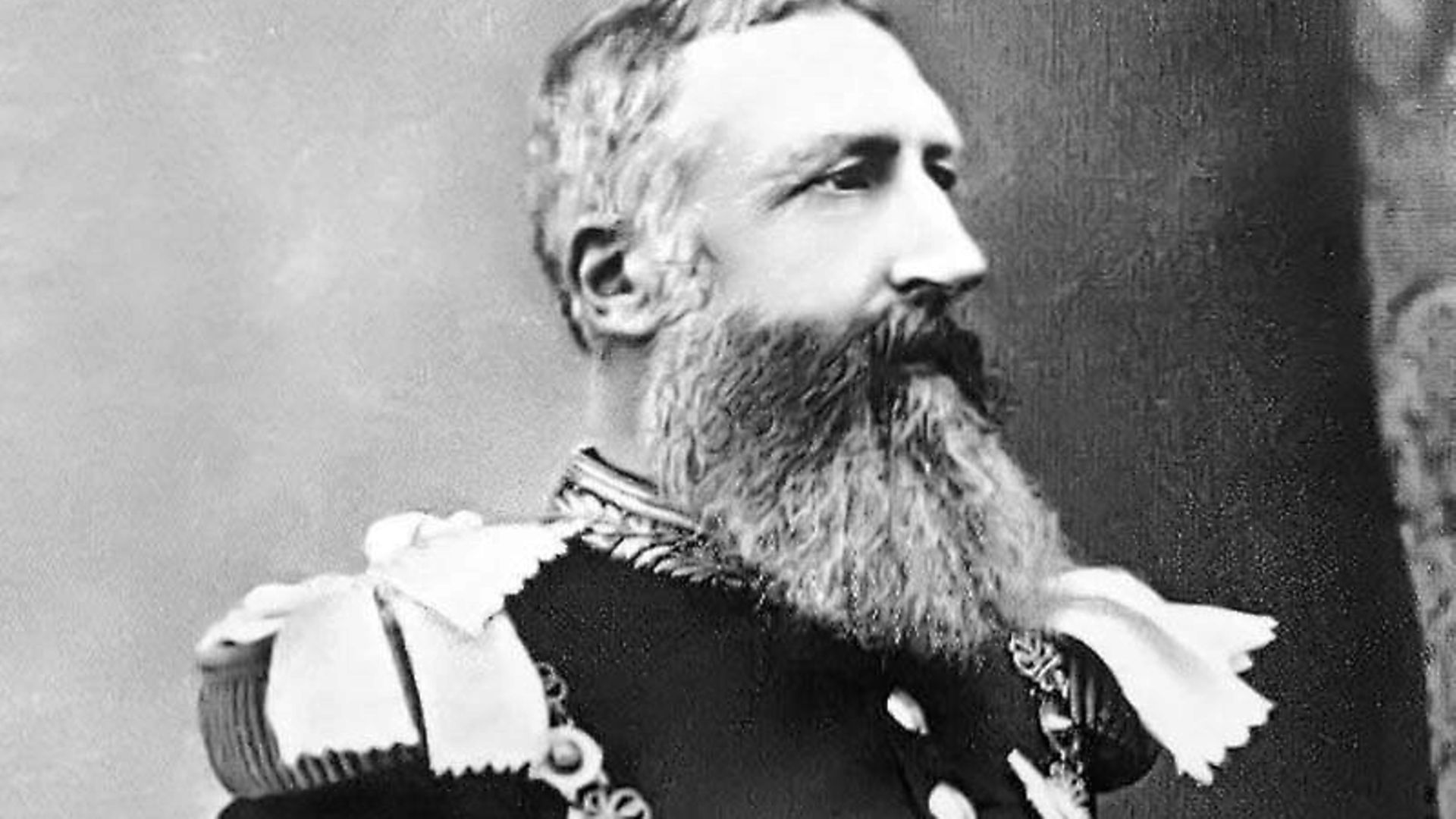
WILL SELF with a stark reminder of history.
There are moves afoot in Belgium to purge the country, a bit, of its associations with King Leopold II, who helmed this motley realm from 1865 to 1909: Streets and parks named after him are being renamed, while there are also moves to begin purging Belgian museum collections of their most obviously looted items. Leopold was both the Belgians’ longest reigned monarch, and their most discreditable. During the land-grab of central Africa enacted by the colonial powers in the last decades of the 19th century, Leopold managed to appropriate much of the Congo – which he then proceeded to turn into a giant concentration camp: Working the inhabitants to death, firstly extracting ivory, and latterly rubber from the tropical rainforests.
It’s difficult to estimate just how many Congolese died during the 1890s and early 1900s, during the worst of the Belgians’ depredations – most, of course, fell victim to disease, but massacres were also commonplace. Between a million and 15 million gives the ambit of putative atrocity – and this gross imprecision is surely, in itself, extraordinary evidence of the particular intensity with which white Europeans of this era othered black Africans. You need look no further than Conrad’s Heart of Darkness to witness the intense ambivalence even humane Europeans felt, witnessing the Belgian colonialists’ descent into barbarism: For Conrad’s protagonist, Marlowe, their grotesque behaviour exists in a reciprocal relation to what he perceives as the Africans’ own innate barbarism.
It can seem a sort of reduction ad absurdum to think about making reparations to the victims of colonialism; after all, how can it be fully and effectively estimated what any group of present-day people have gained from the exploitation any given group of those in the past? Then there’s the Biblical – but for all that intuitively correct – injunction, not to visit the sins of the fathers (and mothers) on the sons and daughters. Moreover, when we consider compensating living Africans for crimes of long-dead Europeans, how do we identify precisely who can be said to have done what, and to what precise extent? On the face of it, the appeal is to universal human rights – which in turn requires some sort of universal governance to ensure their enforcement; but the issue of financial compensation seems to place the whole matter on the same footing as accountancy: A mere calculation of profit and loss.
Still, when it comes to Belgium the looting was so egregious – and the atrocities so ubiquitous, and the acknowledgement of it by the colonialists so very, um, diaphanous, that some sort of restitution does seem very much in order. The late 19th public buildings of Brussels, that instantiated Leopold’s reign, were – figuratively speaking – built from the bones of the Congolese, and cemented with their desperate labours. At the time of its completion, in 1883, the bombastic Palais de Justice was the largest building in the world – and, given its ascription, the greatest imaginable reification of rank hypocrisy. Needless to say, both Albert Speer and Adolf Hitler were great fans of this gross neoclassical behemoth.
Defenders of the European Project – among whom, I suspect, most readers of this newspaper would include themselves – refer often to Europe’s bloody past of internecine violence, and to the need for a supra-national body to guarantee that peace. They look to the ghastly singularity of the Holocaust as a sort of immoral counterweight, which, when the fulcrum of good governance is in place, will lift us into a higher, better place. Now, of course, Holocaust-deniers are on the march again (and this is no turn of phrase), but I wonder, would there be quite so many addicts of this intoxicating fantasy, if it weren’t for the many gateway drugs provided by the deniers of the dark side of colonialism?
The violence begun in the Congo first by Arab slave traders, and then advanced by Belgian colonists, has resounded down to the present day: Successive post-colonial regimes failed to achieve any legitimate or effective rule over this vast and arbitrarily designated land, and over the last 20 years, the entire region has descended into a civil war as confusing as it is bloody. No one can be said, I think, to be profiting anymore from the fact of the Holocaust, as opposed to its denial – but it might be worth those denizens of the European Commission’s HQ, the comparably vast Berlaymont building, to consider their affinities with those who dispensed ‘justice’ in the Palais de Justice a hundred or so years ago. As they trip along its flight-deck corridors, yakking into their mobile phones, they should, perhaps, remember that their very ears are pressed against the Congo’s casus belli: coltan, a metal that can conduct electricity at high temperatures, and which is essential for the manufacture of all those sleek electronic devices we covet.










